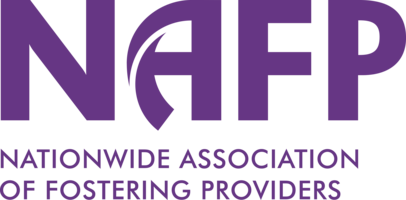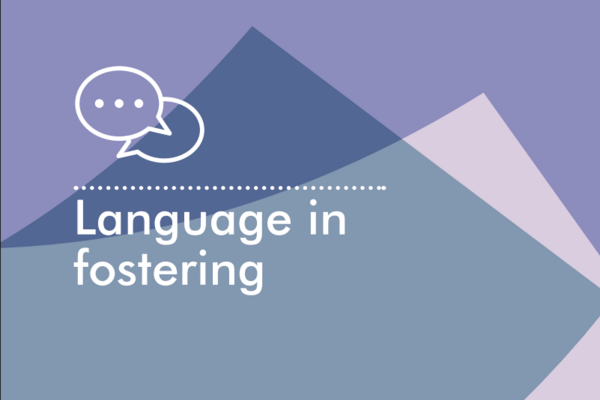Some children and young people in care have expressed their unhappiness and discomfort with certain words that are used to describe them and their experiences. Language changes all the time and different words mean different things to different people. As adults supporting and working with young people, what are the principles that we should be thinking of in our communications and our conversations? How can adults supporting young people in care navigate a way through these challenges?
Should there be a check-list of forbidden words? Can practitioners use jargon and legal-speak with each other? Should we use the same words with all young people? Can we change language yet still be understood?
This online seminar will hear from the voice of experience, including practitioners and professionals, to considers how language is used in relation to fostering. It builds on the issues considered in NAFP's advice note Language in Fostering. As well as input from speakers, a breakout session will enable delegates to share challenges and solutions.
Speakers:
Paul Adams, independent trainer and consultant with nearly 30 years’ experience as a social worker (Paul Adams Fostering)
Mary-anne Hodd, teacher specialising in psychology, contributing to the continued changing narrative of ‘kids in care’ (Mary-anne Hodd)
Scott King (pre-recorded video), an active campaigner working nationally to drive change and improve the life chances for those in and leaving care (Section 31 Training)
Mike McKenzie, musician, teacher, foster carer and filmmaker, including Be-Longing, an award-winning short film about a boy in foster care
Maxine Wrigley MBE (pre-recorded video), former chief executive of A National Voice
(this event will be hosted on Zoom; delegates will be emailed details of how to join a few days beforehand)





